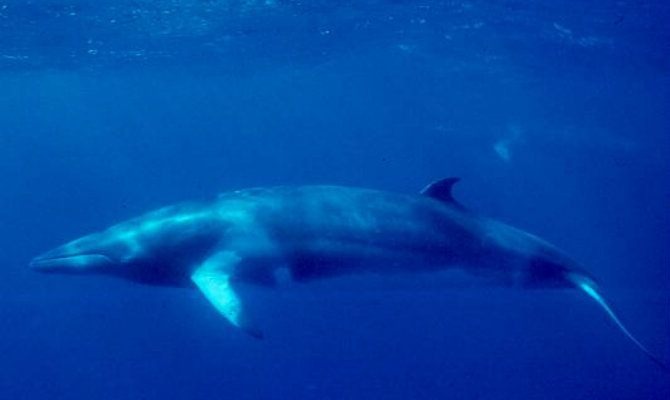Japanese Research Fleet Kills Hundreds Of Pregnant Whales
Whale meat is a delicacy in Japan, and it continues to appear on menus even though the UN banned commercial whaling in 1986. This week a Japanese research fleet sparked an intense flurry of debate after it returned from Antarctic waters with 333 whale carcasses, many of which had been pregnant females.
According to National Geographic, while commercial whaling has been banned since the 1980s, it was still permissible for fleets to kill whales in the name of scientific research. Japanese boats have apparently been doing a lot of whale research since then, and then selling the leftover meat.
In 2014 the UN International Court of Justice, or ICJ, reportedly halted such whaling practices, questioning the legitimacy of scientific research where most of the subjects wound up on diners' plates.
So now there is some question as to whether or not the latest hunt was allowed. The fleet reportedly says that the hunting and killing of young female whales was necessary to determine the age at which they reach maturity, and that the hunt was not banned because the ICJ hasn't ruled on the validity of that particular line of scientific research.
